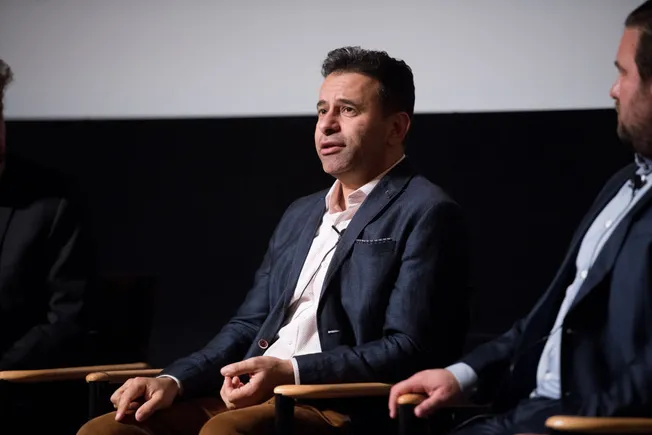Following FDA rejection, a journal retracts papers on MDMA-assisted therapy


A day after the Food and Drug Administration rejected MDMA as a therapy aid for post-traumatic stress disorder, a scientific journal retracted three papers about the treatment, citing “unethical conduct.”
Editors at Psychopharmacology said they were informed by researchers associated with the studies of protocol violations at a testing site in Canada. This is the same site where, years prior, an unlicensed therapist was accused of sexually assaulting a participant during a mid-stage clinical trial of MDMA-assisted therapy, which the California-based biotechnology company Lykos Therapeutics has been developing.
According to the journal, the authors have confirmed they were aware of the ethical violations at the time the papers were submitted but didn’t disclose that information or remove data generated by the Canada site from their analysis.
The journal also claims the authors failed to declare a “potential competing interest.” At least two from each of the articles had affiliations with either the Multidisciplinary Association for Psychedelic Studies — known, in short, as MAPS — or the MAPS Public Benefit Corp., which was the precursor to Lykos. The founder of MAPS, Rick Doblin, and the CEO of Lykos, Amy Emerson, are listed as authors on two of the papers.
In a statement, Lykos noted how the violations at the Canada site were reported to the FDA, Canada’s drug review agency and an independent group meant to monitor and uphold ethical standards in clinical research. The publication authors included data from the site for “sake of completeness, but that should have been disclosed to the journal and was not.” Lykos said it regrets not taking that additional step.
At the journal’s request, the authors removed data from four participants at the Canada site. The updated results were “consistent with the original publications,” according to Lykos.
As for the conflicts of interest, the company maintains that the authors appropriately disclosed contributions, funding sources and affiliations.
Lykos said it disagrees with the retractions and believes the more appropriate way to address the journal’s concerns would be to issue corrections to the original papers. The company has filed a complaint with a third party to review the way the journal came to its decision.
The data included in the three papers are not what Lykos used in its approval application. One looked at pooled results from six mid-stage studies to assess the long-term effects of MDMA-assisted psychotherapy for PTSD. The second used those same pooled data to inform the design and rationale for a late-stage program. The third examined how patient responses to MDMA-assisted psychotherapy are affected by a class of psychiatric medications known as reuptake inhibitors.
Lykos’ approval application, meanwhile, hinged on results from a pair of Phase 3 studies that found MDMA, when administered alongside talk therapy, led to significant reductions in the severity of PTSD symptoms.
Such positive results are rare in psychiatric drug development, which, among other challenges, has almost none of biological markers that scientists need to build better treatments. In PTSD alone, it’s been more than two decades since a new medicine received FDA approval.
That drought put pressure on the FDA to clear Lykos’ application. But agency staff have expressed doubts over the strength of the results and the way Lykos gathered and analyzed them.
According to the company, the FDA ultimately concluded that approval couldn’t be granted based on the data submitted. The regulator has requested another Phase 3 trial be run to further evaluate the safety and efficacy of MDMA. Lykos, though, plans to ask the agency to reconsider its decision.
This post has been syndicated from a third-party source. View the original article here.




